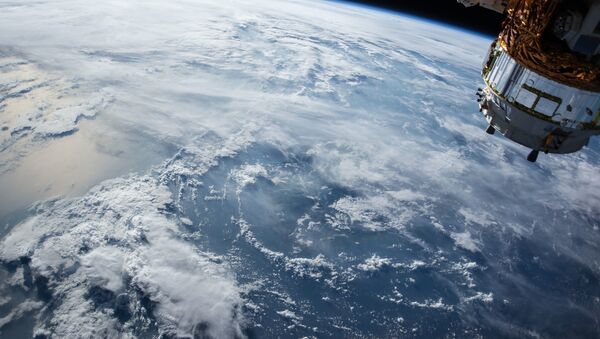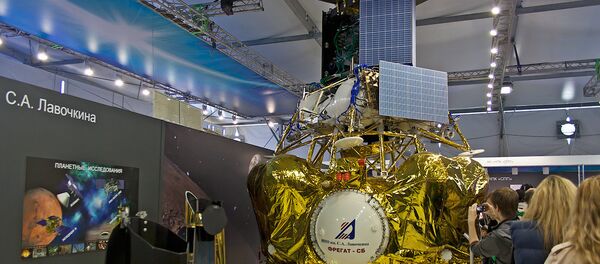Sputnik has discussed the competition in space with Dr. Gbenga Oduntan, an associate professor of international commercial law at the University of Kent in Canterbury.
Sputnik: Do you agree that there is a high level of competition in investment into space exploration?
We are able to speak to each other now because of space technology. We're able to pick up mobile phones, we have telenets, we have various areas in which enterprise in space has given us good benefits.
However, there are serious dangers as well which we have to think about; most of these have to do with the lack of regulation, taking care of the recent developments of massive inputs of the private sector.
The private sector can be good. Lack of regulation gives us everything from recession to environmental damage, to dangers to human beings everywhere. That’s why I have some personal, and not just myself, a lot of space lawyers are expressing dissatisfaction with the fact that the law is not moving as fast as the reality of private investment in outer space activities.
Dr. Gbenga Oduntan: Right now there isn’t any code at all.
I can tell you for a fact that my university campus, here in the University of Kent we have a space society with students and they do attempt their own space launches.
Some of them are definitely not to the extent that you can get worried about them going into outer space, but the idea that university campuses, college campuses across the world are able to launch anything just for experiments and just for fun sometimes, is scary. And there are companies that have various reasons and various intentions of engaging in space launches. It is right now the wild, wild west, anyone can launch.
That's one of the major problems we have.
Sputnik: Unfortunately look at how the UN has been working, if we look at the UN Security Council, it’s impossible to get anything done through that mechanism, I’m wondering do we need a new mechanism really and, of course, something needs to be done to probably discuss the situation with militarization and the of the risk of militarization of outer space, do you think that the UN, along with the UN Security Council, is a viable organization to create the legal framework for the exploitation of space to the benefit of mankind for many generations to come?
Dr. Gbenga Oduntan: On the one hand, we are well aware of the limitations of the UN recently. It has not been the most effective organization, but in terms of what it has done in outer space it’s actually acquitted itself commendably.
We've had nothing less than 8 treaties in this area and these were all the output of the UN, a lot of it done by the General Assembly, but in recent times it’s fallen back in its approach of doing things on behalf of everyone. But there are special offices in the UN which are sort of directed to monitor only this area of activities.
This could be navigation, could be satellites registration, spectrum arrangements. We have no other option. We have only one tool and that’s the UN in terms of complete multilateral discussion of outer space. That’s what we have to use.
Views and opinions expressed in this article are those of Dr. Gbenga Oduntan and do not necessarily reflect those of Sputnik.





